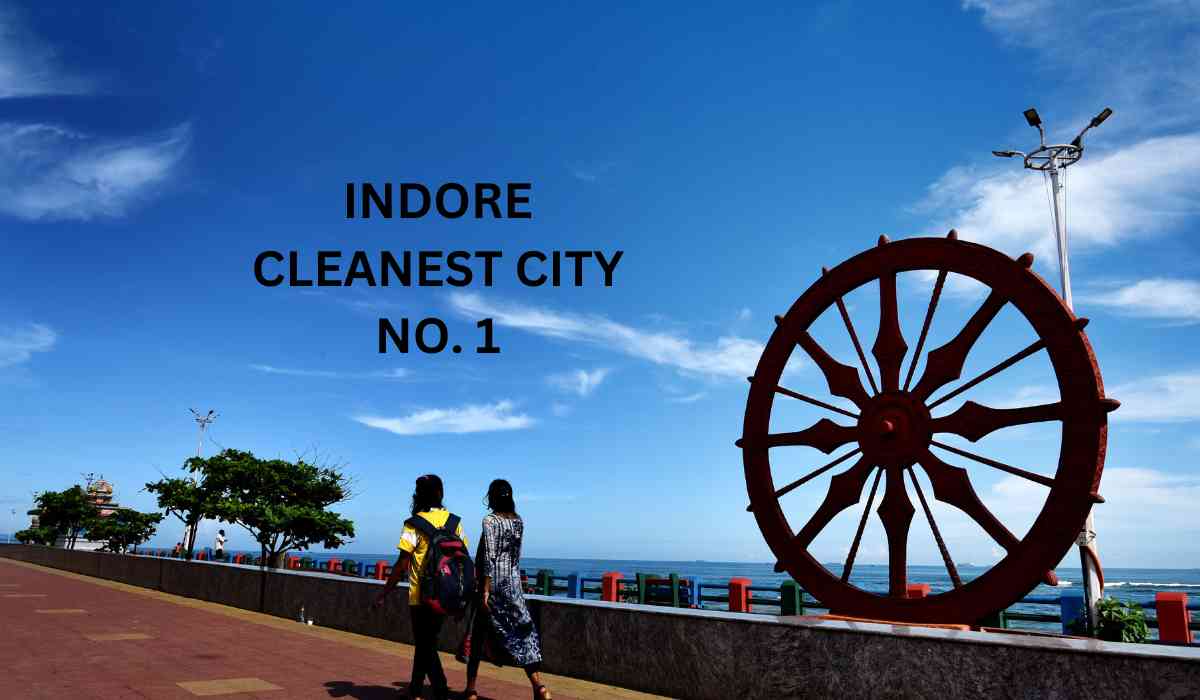Indore, the bustling Information Technology hub of Madhya Pradesh, has emerged as the undisputed leader in the Swachh Vayu Sarvekshan-2023, a Clean Air Survey conducted by the Central Pollution Control Board. Union Minister for Environment, Forest and Climate Change, Bhupender Yadav, bestowed the coveted first rank upon Indore during a recent ceremony.
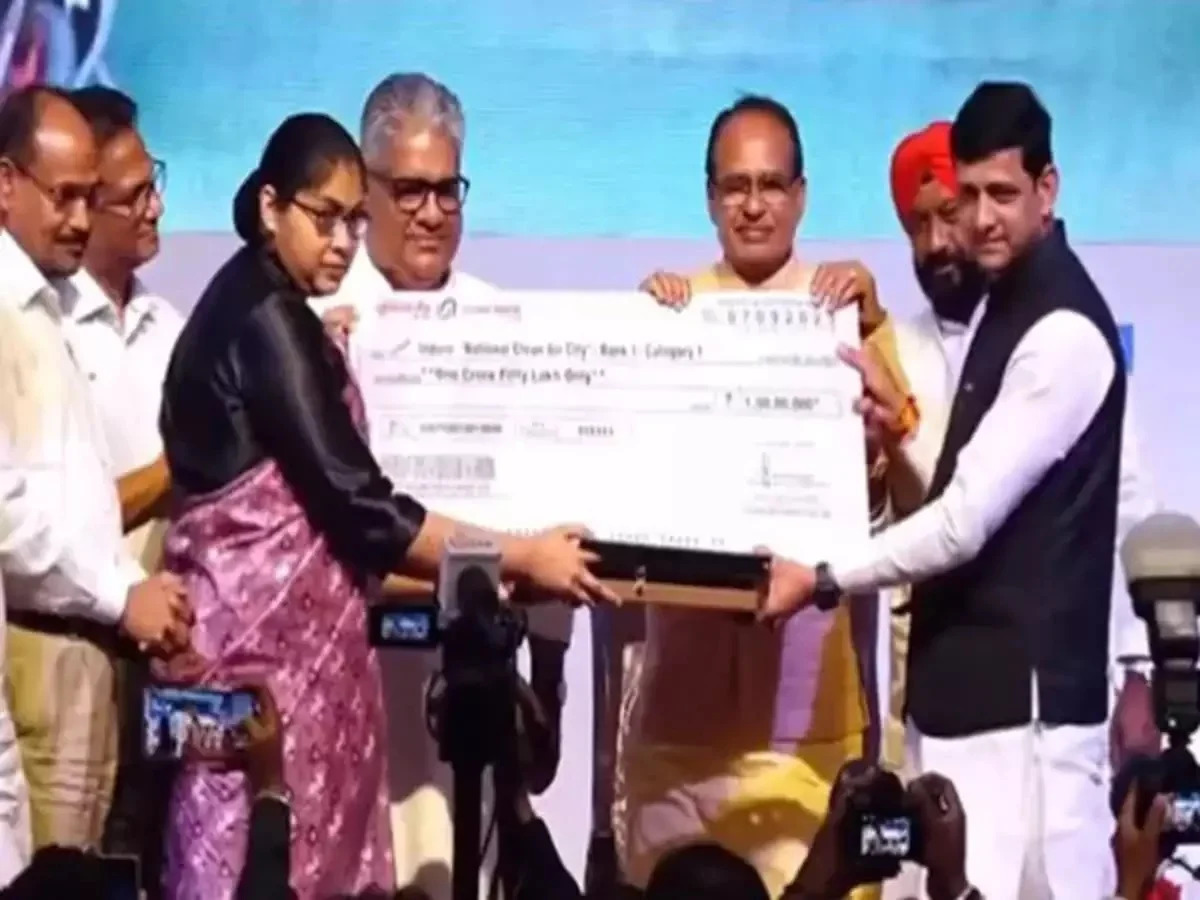
Category Champions
a) Million-Plus Population: Indore Reigns Supreme
In the category of cities with a population exceeding one million, Indore proudly secured the top spot, leaving Agra and Thane trailing behind. This remarkable achievement underscores Indore's dedication to combatting air pollution and improving air quality.
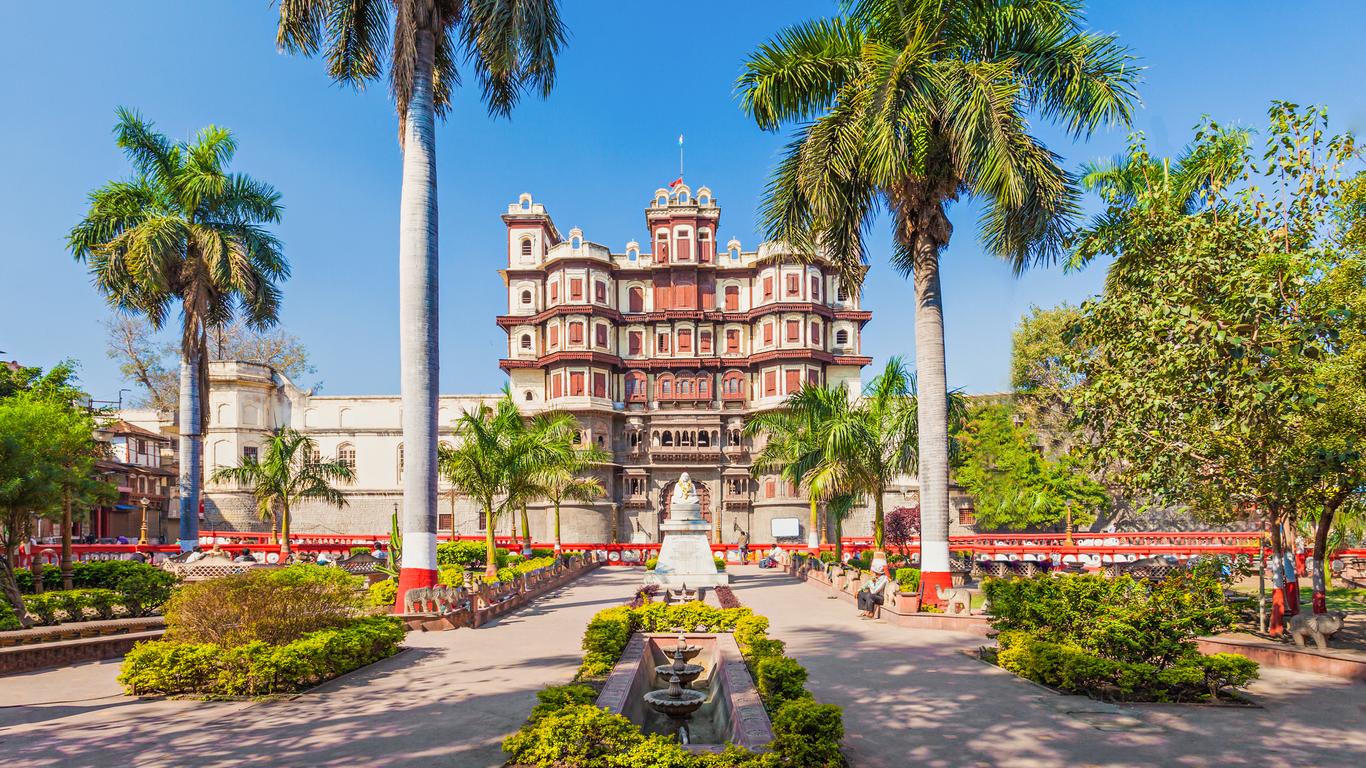
b) 3-10 Lakh Population: Amravati Takes the Crown
Amravati soared to the zenith of the rankings in the category of cities with a population ranging from 3 to 10 lakh. Moradabad and Guntur followed suit, showcasing their commitment to cleaner air.
c) Less Than 3 Lakh Population: Parwanoo Leads the Way
In the category of cities with a population of less than 3 lakh, Parwanoo emerged as the frontrunner, closely followed by Kala Amb and Angul. These cities are demonstrating that size is no barrier to environmental excellence.
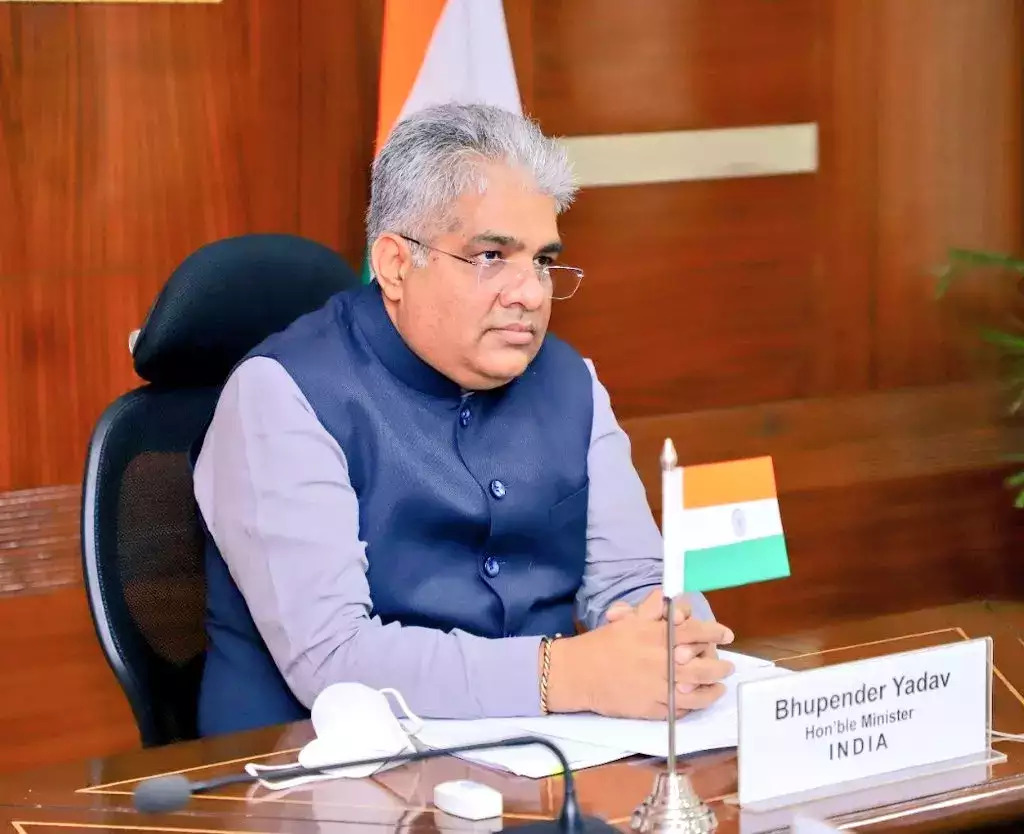
Towards Cleaner Skies
During the event, Minister Yadav emphasized the importance of the fourth International Day of Clean Air for Blue Skies, also known as Swachh Vayu Diwas 2023. This year's global theme, "Together for Clean Air," emphasizes the need for stronger partnerships, increased investment, and shared responsibility to combat air pollution.
Minister Yadav underscored the Ministry of Environment, Forest and Climate Change's (MoEF&CC) commitment to addressing air pollution through the National Clean Air Programme (NCAP). Since its inception in 2019, the NCAP has been a national-level strategy that outlines actions to reduce air pollution at city and regional levels across India.
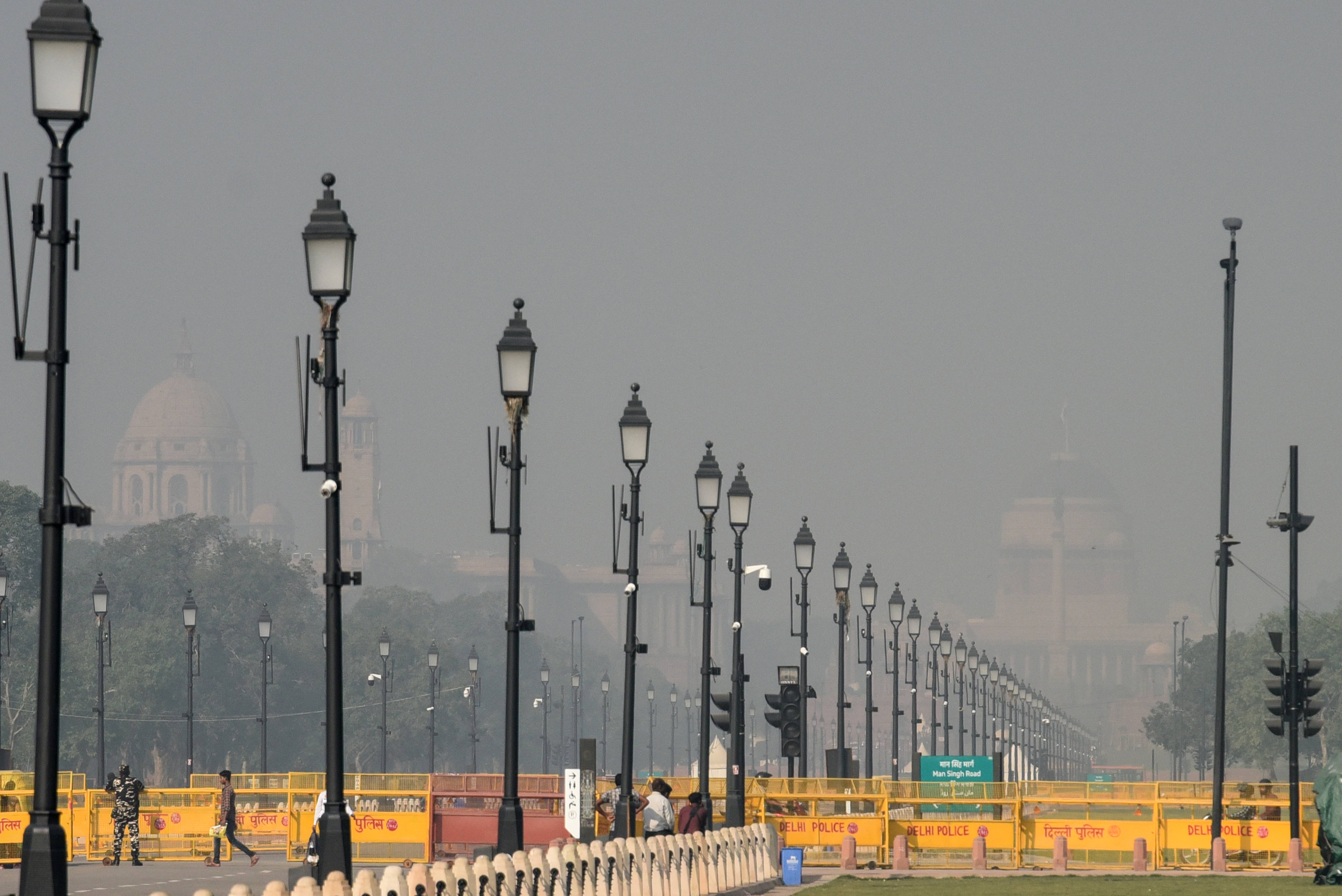
A Bold Approach to Cleaner Air
The NCAP seeks to systematically tackle air pollution by engaging all stakeholders and ensuring necessary actions are taken. Under this program, 131 cities have been identified for the implementation of city-specific action plans, with the ambitious goal of reducing air pollution by up to 40 percent by FY26.
The NCAP also focuses on the preparation and implementation of national-level, state-level, and city-level action plans for these selected cities. Additionally, the Ministry has launched "PRANA," a monitoring portal dedicated to tracking the NCAP's progress. This portal showcases action plans from cities, states, and line ministries, offering a comprehensive view of their implementation status. Furthermore, PRANA serves as a platform for sharing best practices, enabling cities to learn from one another and work together for cleaner, healthier air.
© Copyright 2023. All Rights Reserved Powered by Vygr Media.

